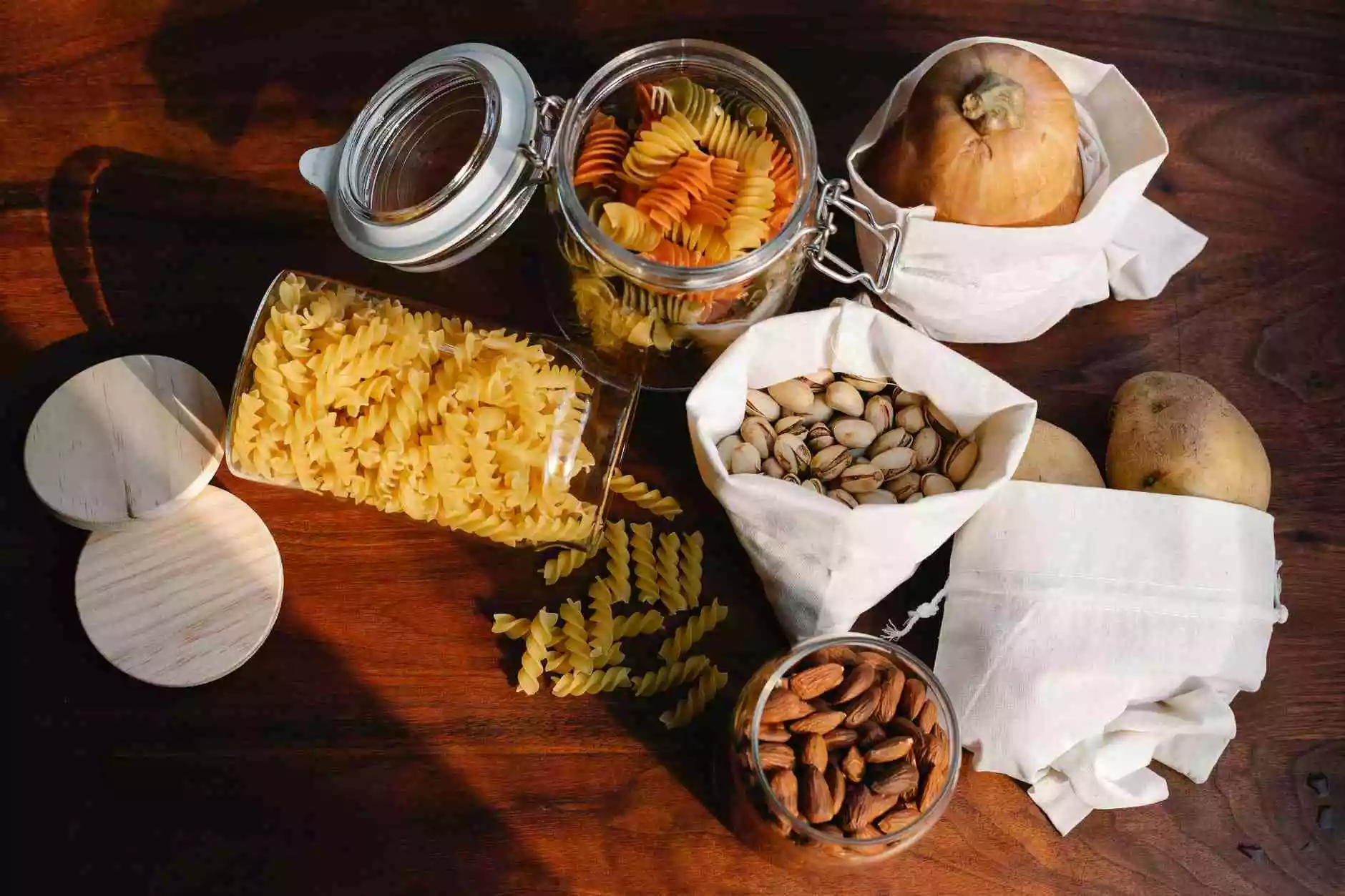Everyone loves having a good body to flaunt and feel healthy, but the road to it is not easy. People have to maintain strict diets, eat specific things, and avoid many things to achieve their goals.
They eat muscle meals often to keep the process going and also increase the pace. However, it would be best to build your diet according to various factors like your body requirements and weight. Here are a few tips for a diet that helps you build muscle.
5 Different Nutritional Food That You will Need For Muscle Build
Concentrate On Protein
Consume 1 gramme of protein for every pound of body weight per day at the very least. Muscle is made up of amino acids, which are obtained from protein. However, researchers have shown that athletes, particularly those aiming to build muscle growth and strength, require nearly double the recommended daily protein intake, less than 0.5 grammes of protein per pound of bodyweight.
After six months of working out, beginners should aim for 1.5 grammes of protein a day since this is when your muscles will react most quickly to exercise. For a 180-pound person, this translates to 270 grammes of protein per day at the start and 180 grammes per day at the very least after that.
Stick to lean meats like chicken, turkey, beef, fish, and eggs if you want to eat a lot of protein without gaining weight. Because they include all necessary amino acids (those your body cannot make on its own), they are the complete protein sources.
Increase Your Carbohydrate Count
Daily carbohydrate intake should be 2 to 3 grammes per pound of body weight. Carbohydrates come in second place to protein when it comes to muscle development. This is because carbs are converted into glycogen in your muscles, where they power your exercises while also keeping your muscles complete and extensive. For example, a 180-pound novice needs 360-540 grammes of carbohydrates each day to build muscle.
When it comes to most meals, go for complex carbs like whole grains, oats, sweet potatoes, legumes, and fruits and vegetables that take longer to digest.
Don’t Neglect Fats
About 20-30% of your daily caloric intake should be made up of fat. Because higher-fat diets (incredibly those rich in monounsaturated and saturated fats) seem to sustain testosterone levels better than low-fat ones, you should consume 5-10% of your total fat calories from these sources instead of the recommended 0-5%. Don’t forget that optimum testosterone levels are critical for muscle growth and strength maintenance and prevent fat accumulation.
Avoid fatty fish (such as tuna or swordfish), flaxseed oil, and walnuts as excellent sources of necessary omega-3 polyunsaturated fats. Instead, consume meat such as steak and ground beef, high in saturated fats and high-quality protein.
Count Your Calories
Consume 20 calories per pound of body weight each day to gain muscle mass. To develop quality muscle mass, you must maintain a positive calorie balance (consume more calories than you expend). You’ll go into conservation mode and stop growing new muscle if you burn. This is because carbohydrates more calories than you eat (have a negative energy balance).
A 180-pound person needs 3,600 calories per day. Aim for 20-30% of calories from protein, 40-60% from carbohydrates and 20-30% from fat while following Rules 1 through 3. These can be found in muscle meals that can be tailored and prepared according to your needs.
Eat-in Regular Intervals
Every 2-3 hours have a meal rich in protein and complex carbohydrates to keep your energy and amino acid levels stable throughout the day. It will help you build muscle mass while maintaining your lean body mass. The idea is to eat meals that are around the same size each time you eat them. For example, a 1,200-calorie lunch will make you less inclined to eat again 2-3 hours later and more likely to put on the incorrect sort of weight since calories consumed more than what the body can digest at a given moment are stored as body fat. Aim for six to eight meals a day, with 500 to 600 calories each meal, for a 180-pound man.
